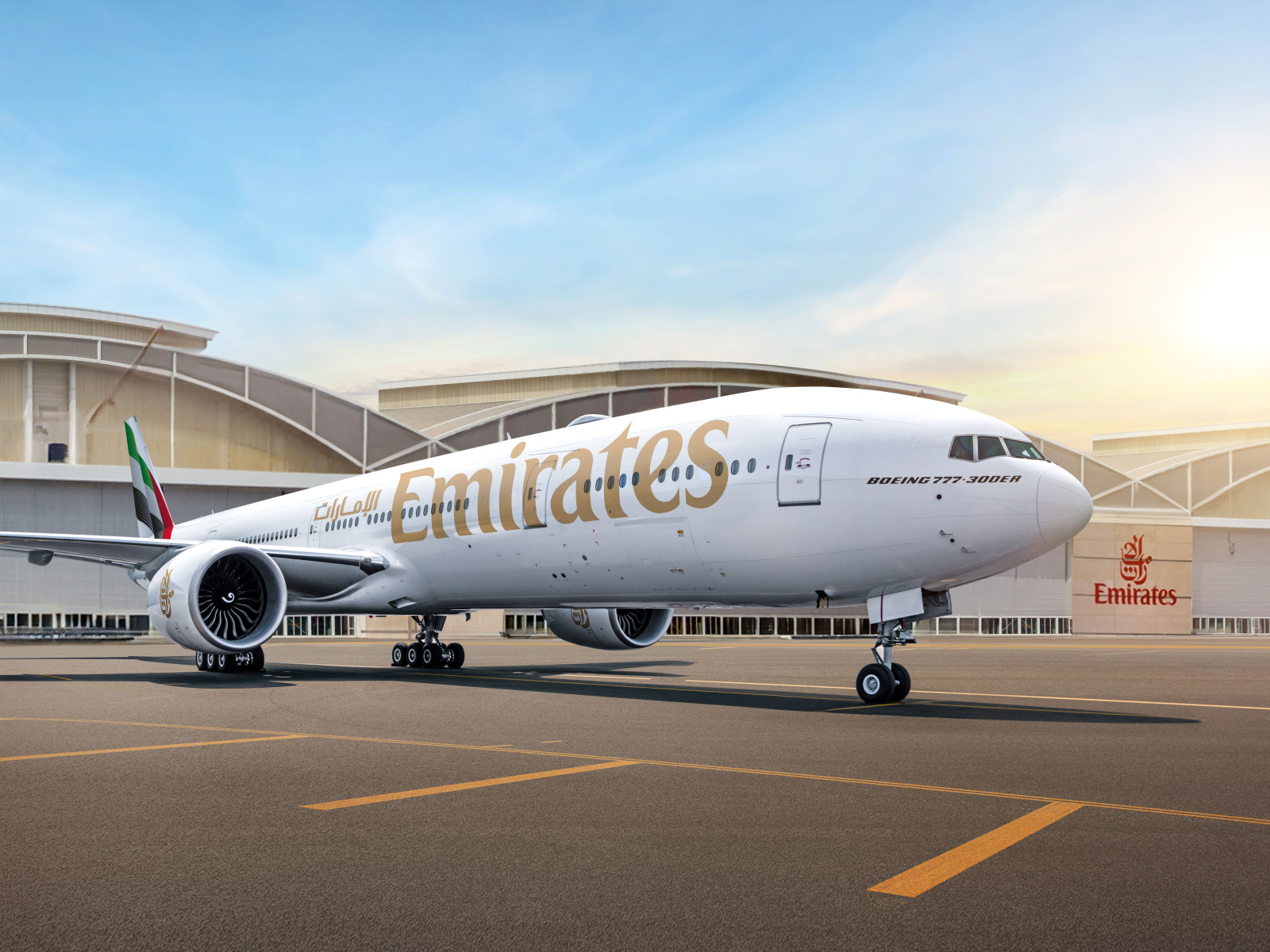The president of Dubai airline Emirates Tim Clark voiced his frustration at Boeing’s supply chain issues, claiming the OEM needs ""very strong leadership"" to salvage its recent safety and quality control issues.
On the sidelines of the International Air Transport Association (IATA) annual general meeting 2024 in Dubai, Clark told Reuters: ""We need airplanes, we cannot face constant delays. We’ve got a business to run and if we’re having to foot the bill for refurbishing all these (existing) airplanes it should be put at Boeing’s door.""
He added that Boeing needs good business managers with a broad experience in aerospace engineering. He added that ""time will tell"" whether Boeing Commercial Airplanes (BCA) CEO Stephanie Pope can rise to the occasion to manage the issues.
Pope was named as BCA’s CEO in March 2024, following Stan Deal exiting the role. As part of the management change, Boeing president and CEO Dave Calhoun had announced his decision to step down at the end of the year. Calhoun’s successor is yet to be announced.
The management changes followed a string of safety and quality control concerns in the wake of a door plug blowout on an Alaska Airlines 737 MAX 9 aircraft in early January this year. The subsequent Federal Aviation Administration (FAA) only further highlighted the issues in a report that condemned its safety culture. The FAA had capped Boeing’s output of the 737 aircraft to 38 per month in February. The federal agency said in late May that it was unlikely to lift the cap in the coming months.
Speaking to IATA, Clark said the biggest challenge Emirates is facing is the supply chain issues. He said that throughout his career, he has ""never seen anything as gridlocked as this"", with it impacting all corners of the industry.
""We’re trying to get new airplanes in that we contracted for so long ago and having to take on major capital programs to refurbish our aircraft,"" said Clark. ""We’re having to do nearly 170 now as the interiors are becoming tired."" He added at a panel that the decision came to try and maintain its aircraft in order to allow them to fly longer.
He added: ""They should have gone a long time ago so we’re going to have to spend probably $15-30 million per airplane for gutting the insides and putting in all the new products that we’ve been waiting to absorb. And I don’t think we’re alone in that.""
Speaking during a panel at the conference, Clark said the supply chain issues and the subsequent retrofits ""meant we had to extend leases, buy the old aircraft, just to keep the network intact. But that came at the cost of pushing $3bn.""
He added that Emirates’ ability to carry out its growth plans is contingent on Boeing delivering aircraft on time.
At the IATA event, Emirates also announced its partnership with Airbus and IATA to deliver a competency-based training and assessment (CBTA) programme for the A350 type rating, as Emirates prepares for the delivery of its fleet of 65 A350s from mid-2024.
Under the programme, an initial cohort of 256 pilots will be trained as part of the new course at Emirates' training college in Dubai from July 2024.
""Our joint aim is to fully utilise the benefits of CBTA to qualify the pilots on the A350 in the most efficient and effective way possible,"" said IATA SVP for operations, safety and security.
Emirates senior vice president, flight training Bader Al Marzooqi commented: ""The tailored CBTA programme for the A350 supports the integration of 65 new A350 aircraft, with 1,000 pilots set to complete the A350 type rating course.""
IATA will focus on the programme design using its published guidance on CBTA, while Airbus will contribute its knowledge of the aircraft along with its own CBTA experience.
Emirates boss says Boeing needs to strong management to counter supply chain woes

